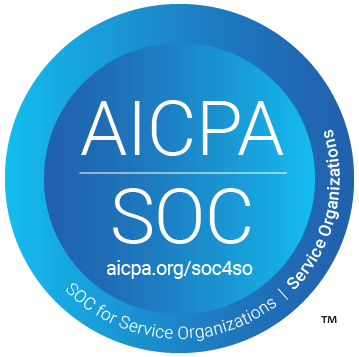Since the beginning of times, historians and archaeologists have noticed and theorized that human beings all through evolution have this habit of congregating in groups and communities. No matter the reason, it has only been proven that humans function better in communities, societies, and groups. In essence, humans can be classified as “pack” animals. Similar to pack animals, we too, congregate in groups and in hierarchical orders, with “leaders”, “second-in-command” and “rules”. Historically, a few of the reasons why humans gather together are:
- Humans have learned throughout history that cooperating in groups is necessary for survival. People might share resources, defend one another from predators or other threats, and increase their chances of survival by forming a group.
- Humans are social animals, and we have an innate drive to connect with people and engage in social contact. People can connect with one another, build relationships, and find a sense of belonging in communities and societies.
- Communities can develop around similar interests and objectives, such as beliefs in religion, politics, or pastimes. Having common interests and objectives can offer chances for cooperation and learning, as well as a sense of fulfilment and a sense of purpose.
- As societies have developed, people have come to understand that they may do more by specializing in particular jobs or professions and cooperating to attain shared objectives. This division of labor enables people to concentrate on their strong points while gaining from the abilities and experiences of others.
- Communities and societies offer a way for passing down cultural beliefs, customs, and values from one generation to the next. People can share information and traditions that have been developed over time by coexisting and working together.
While this may be seem simple enough and easy to understand, this is but a rudimentary understanding of the derivative of the complex field of human psychology. A vast, interdisciplinary field called "human community psychology" studies how people interact and create social groups. Human communities are described as social groups of individuals who engage in similar activities and hold similar views and values. Understanding the processes that might result in conflict and division as well as the elements that contribute to group cohesion and identity can be achieved by studying the psychology of human societies.
The psychology of human communities also examines how social influence and leadership play a part in group dynamics. Leaders have the power to affect a group's norms and values, members' actions, and the occurrence of conflict. The psychology of human communities can also aid in our understanding of how group affiliation might influence a person's behaviour and attitudes. In addition to acting differently in groups than they would on their own due to conformity to group standards, being a member of a group can also influence how individual views and interacts with others.
Social psychology, communication studies, computer science, sociology, and other fields are all used in the complex and developing topic known as the psychology of online communities. Online communities are groups of individuals who communicate with one another online, usually over a common interest, objective, or identity.
Social identity theory, which contends that people acquire a portion of their self-concept from their membership in social groups, is an important idea in the psychology of online communities. The social identity hypothesis, which holds that people acquire a portion of their self-concept from their membership in social organizations, is one important feature of online communities. This indicates that online communities can give people a feeling of community and support from others while also giving them a platform to express who they are and what they believe in.
Online communities also provide distinctive options for social connection and communication. For instance, the anonymity and absence of face-to-face interaction in some online forums can encourage members to be more open and honest with one another. Yet, as people feel more empowered to voice their unfavourable feelings and viewpoints, it can also result in increased antagonism and rudeness.
Several elements, including the platform's architecture, the community's norms and rules, and the management and leadership of the community, can have an impact on the dynamics of online communities. Communities that value inclusivity and respect, for instance, tend to be happier and more helpful than those that tolerate or even encourage negative behavior, which can lead to toxic environments and harm.
It has been shown that online communities also affect the psyche of people affected by Turner Syndrome. Turner syndrome is a disorder that primarily affects females and is brought on by a missing or partially deleted X chromosome. Many medical and developmental issues, including as short stature, ovarian failure, and heart anomalies, can be brought on by Turner syndrome.
Due to the rarity of the diagnosis (1/2500 live female births), people with TS live in a geographically dispersed community and frequently grow up never having met another person with the condition. This generates a sense of loneliness, depression, and feeling like an outcast. Internet support groups may be crucial for people with TS because they enable members to communicate beyond physical, financial, and geographic boundaries, giving them a place where they can experience not just sympathy, but empathy by people who truly understand them, as they are also in the same situation.
As you can see, understanding the psychology behind online communities is crucial, as it is the key determining factor as to how your community will function. It is what will let you shape your community in a way as to be a success and will let you know how to correctly approach your members, instead of just selecting random methods and testing them out, that road will only lead to failure or a lackluster community which will stagnate and fail.


.png)




.svg)
.svg)
.svg)